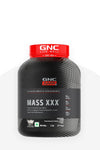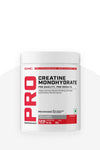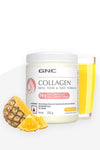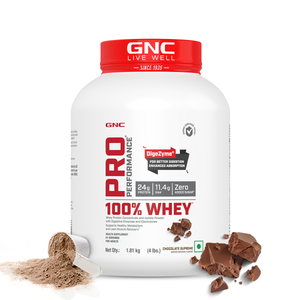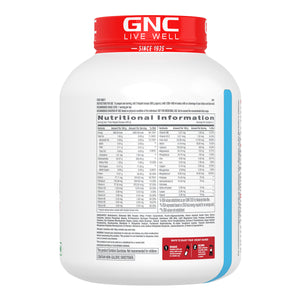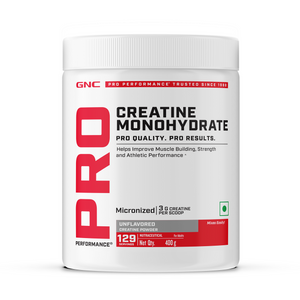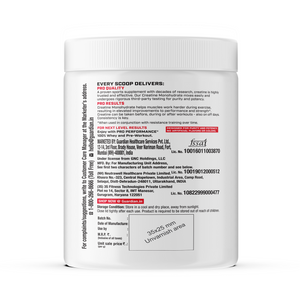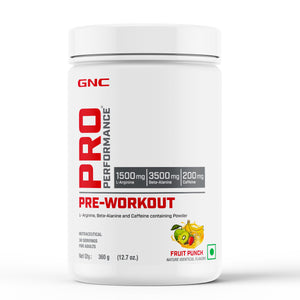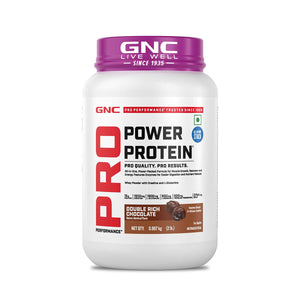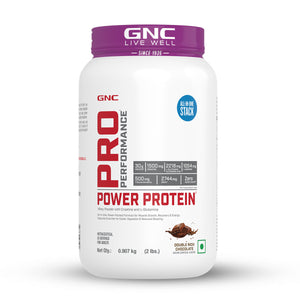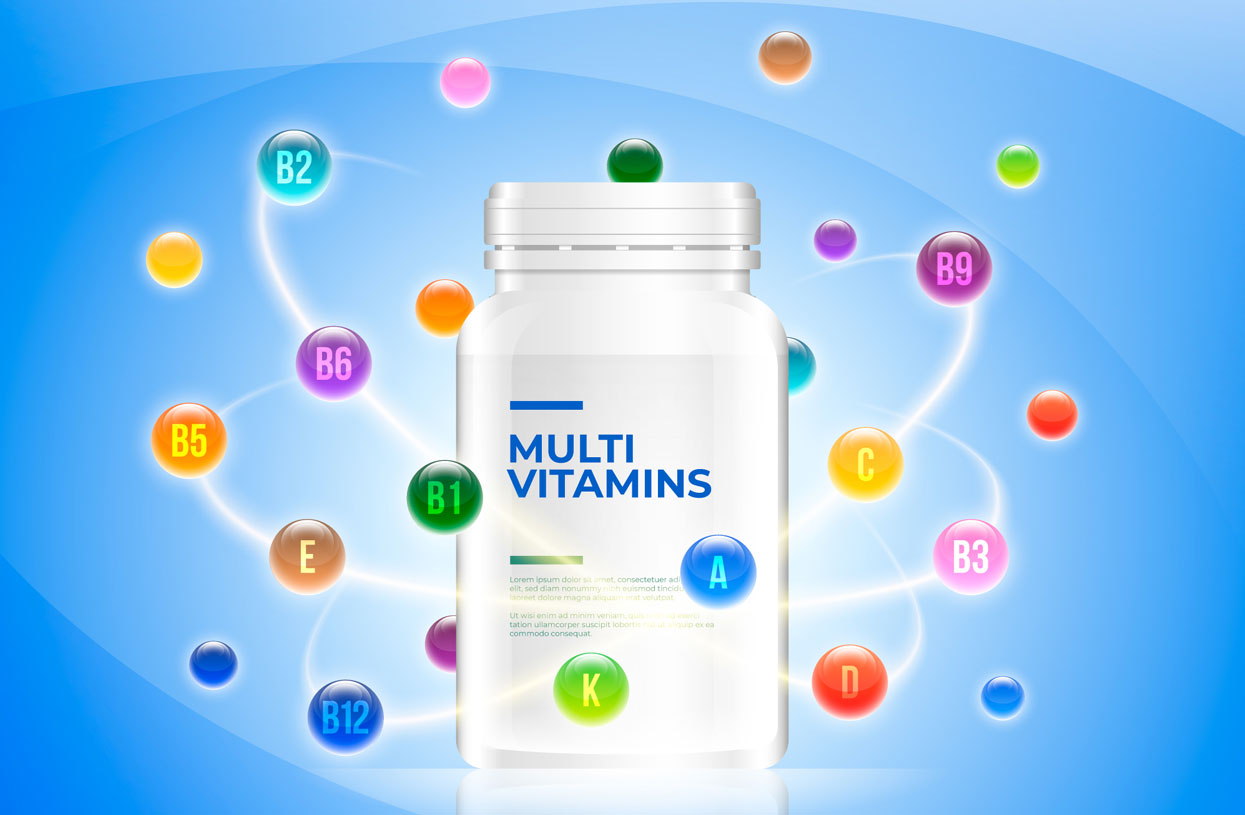Vitamin B12, also known as cobalamin, is a water-soluble vitamin that plays a crucial role in executing various physiological processes in the human body. It's an essential nutrient, meaning that your body requires it but cannot produce it on its own, so it must be obtained through dietary sources or supplements. Vitamin B12 plays a vital role in promoting nerve health, aiding DNA and red blood cell production, and supporting brain functions.
The recommended daily intake, known as the Reference Daily Intake (RDI), is approximately 2.4 mcg, and slightly more for pregnant or nursing mothers.
Vitamin B12 foods
For a lot of Indians, vitamin B12 deficiency is really common. It would be best if you don’t just rely on your diet to get your daily dose of vitamins and minerals. Talk to your doctor to know if you need vitamin B12 supplements. Some of the best sources of vitamin B12 that you can include in your everyday diet are –
-
Animal liver and kidney
Organ meats stand out as among the most densely packed sources of nutrients. Liver and kidneys, particularly those sourced from lamb, boast high levels of vitamin B12. Lamb liver is also a good source of copper, selenium, vitamin A, and vitamin B2. -
Sardines
Sardines are petite, tender fish with bones that are commonly found in saltwater. They are typically available in canned forms with water, oil, or sauces, but you can also purchase them fresh. If you like the taste of sardines, you can get your daily dose of vitamin B12 from this fish. It is also a great source of omega-3 fatty acids. -
Beef
Beef is also a great source of vitamin B12. It also provides vitamins B2, B3, and B6, along with selenium and zinc. If you’re looking for higher concentrations of vitamin B12, it’s recommended to choose low fat cuts of meat. To preserve the vitamin B12 content, It is recommended to grill or roast the beef steak instead of frying it. -
Fortified cereal
If you are a vegetarian or vegan and are looking for good sources of vitamin B12, then fortified cereals should be an ideal choice. Food fortification is the process of adding nutrients that are not originally in the food. You can have them for breakfast with a dairy- or non-dairy-based milk of your choice to give a power-packed start to your day. -
Tuna
Tuna is an absolute favorite for a lot of people. It has a high-protein content and is enriched with vitamin B12. The highest concentration of vitamin B12 is found in the muscles right beneath the skin, which are known as dark muscles. A serving of 100g of tuna provides 453% of the DV of vitamin B12. -
Salmon
Salmon is a fatty fish known to be rich in omega-3 fatty acids. But did you know that salmon is also a great source of vitamin B12 that you can include in your diet? A half filet (178g) of cooked salmon provides nearly 208% of the DV of vitamin B12. -
Eggs
Eggs are a great source of vitamin B12 as well as vitamin B2. Studies indicate that egg yolks contain more vitamin B12 as compared to egg whites. Moreover, the B12 present in egg yolks is more readily absorbed by the body. Consequently, it is advisable to consume whole eggs rather than exclusively opting for their whites. -
Fortified non-dairy milk
Non-dairy milk is a favored choice for individuals seeking a nutritious vegan alternative to traditional dairy milk. Although soy, almond, and rice milks do not inherently contain substantial amounts of vitamin B12, they are commonly enriched with this vitamin, thereby rendering them valuable.
Vitamin B12 benefits
Vitamin B12 offers several important benefits to the body due to its role in various physiological processes. Some of the main benefits of vitamin B12 include –
-
Helps in production of red blood cells
Vitamin B12 is essential for the synthesis of red blood cells. These cells are responsible for carrying oxygen from the lungs to the rest of the body. A deficiency in vitamin B12 can lead to anemia, characterized by fatigue, weakness, and shortness of breath. -
May reduce the risk of macular degeneration
Macular degeneration is an eye condition primarily impacting central vision. Sustaining sufficient vitamin B12 levels might contribute to reducing the likelihood of age-related macular degeneration. Scientists suggest that incorporating vitamin B12 supplements could potentially decrease levels of homocysteine, an amino acid present in the bloodstream. Elevated homocysteine levels have been linked to an elevated risk of age-related macular degeneration. -
Support nervous system health
Vitamin B12 plays a critical role in maintaining health of the nervous system. It supports the formation of myelin, a protective sheath around nerve fibers that facilitate efficient nerve signal transmission. Without adequate levels of vitamin B12, nerve function may be compromised, leading to neurological symptoms like tingling, numbness, and difficulty in walking. -
Assists in brain functioning and supports cognitive health
Various studies show that vitamin B12 may play a key role in cognitive functions and brain health. Adequate levels of B12 are important for healthy mental clarity and memory. Deficiency of B12 has been linked to cognitive impairment and an increased risk of neurodegenerative conditions, such as dementia. -
May prevent birth defects
Maintaining adequate levels of vitamin B12 is essential for a healthy pregnancy. Research indicates that the optimal development of a fetus's brain and nervous system relies on adequate B12 levels provided by the mother. Insufficient vitamin B12 during the early stages of pregnancy could potentially increase the risks of birth defects, including neural tube defects. -
Helps in DNA synthesis and cell division
Vitamin B12 is required for the synthesis of DNA, the genetic material of cells. This makes it vital for proper cell division and growth. Adequate vitamin B12 levels are especially important during periods of rapid cell division, such as pregnancy and infancy. -
Supports bone health
Vitamin B12 is considered essential to maintain your bone health and may also prevent the risk of osteoporosis. In a study, it was shown that people with celiac disease had low levels of vitamin B12. Bones with decreased mineral density can become increasingly porous and fragile over time, leading to an increased risk of osteoporosis. -
Involved in energy metabolism
Vitamin B12 is involved in the metabolism of carbohydrates, fats, and proteins. It helps convert food into energy that the body can use for various processes, including physical activity and organ functions. -
Supports heart health
Research suggests that vitamin B12, in conjunction with other B vitamins like folate, support cardiovascular health. Adequate B12 levels are associated with lower levels of homocysteine, an amino acid linked to an increased risk of heart disease when present in high concentration. -
Support for mood and mental health
Adequate B12 levels may contribute to stable mood and mental well-being. Some studies have shown a link between low B12 levels and an increased risk of mood disorders, such as depression and anxiety.
Vitamin B12 deficiency
Some common causes of vitamin B12 deficiency include the following –
- Dietary Insufficiency: Vitamin B12 is primarily found in animal-based foods, such as meat, fish, eggs, and dairy products. Vegans and vegetarians who do not consume adequate fortified foods or supplements may be at a higher risk of deficiency.
- Malabsorption: Some medical conditions, like pernicious anemia and certain gastrointestinal disorders, can hinder the body's ability to absorb vitamin B12 from food. This can lead to decreased intake and absorption of the vitamin.
- Age: As people get older, their ability to absorb vitamin B12 from food may decrease. This is why older adults are more prone to B12 deficiency.
- Medications: Certain medications, particularly those consumed to reduce stomach acid or manage certain medical conditions, can interfere with the absorption of vitamin B12.
- Gastrointestinal Surgery: Surgical procedures that involve the stomach or intestines can impact the body's ability to absorb vitamin B12.
Vitamin B12 deficiency is quite common and these are the signs and symptoms that you must look out for.
- Fatigue
- Weakness
- Anemia (characterized by pale skin, weakness, and shortness of breath)
- Numbness or tingling in the hands and feet
- Difficulty walking or balance problems
- Memory problems or cognitive issues
- Mood changes or depression
- Glossitis (inflammation of the tongue)
- Vision problems
Always consult your doctor before including any new vitamin B12 supplements in your diet. Ensure that you follow the dosage instructions mentioned on each pack. Discontinue use of vitamin B12 supplements 2 weeks prior to any surgery.
If you are pregnant, a nursing mother, or someone who takes any treatment or medication for a chronic illness, then it is best to stay away from any random supplement, unless especially recommended by your doctor.



